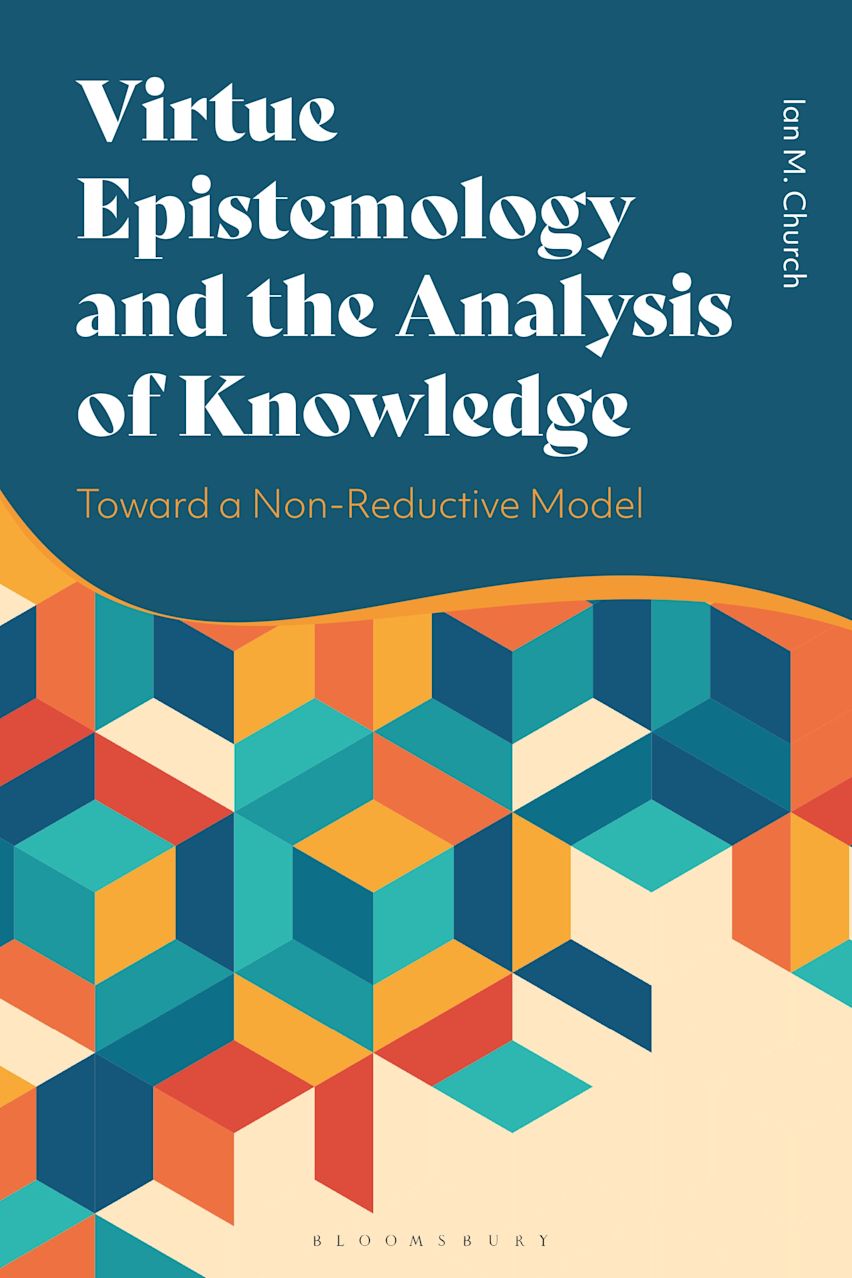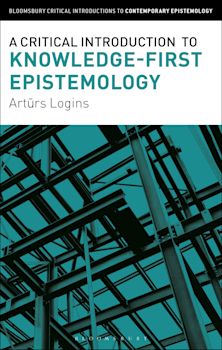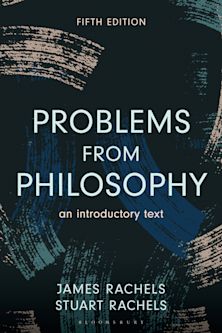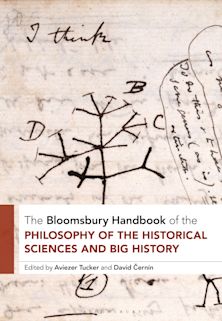Virtue Epistemology and the Analysis of Knowledge
Toward a Non-Reductive Model
Virtue Epistemology and the Analysis of Knowledge
Toward a Non-Reductive Model
This product is usually dispatched within 3 days
- Delivery and returns info
-
Free CA delivery on orders $40 or over
Description
This book centers on two dominant trends within contemporary epistemology: first, the dissatisfaction with the project of analyzing knowledge in terms of necessary and jointly sufficient conditions and, second, the surging popularity of virtue-theoretic approaches to knowledge.
Church argues that the Gettier Problem, the primary reason for abandoning the reductive analysis project, cannot viably be solved, and that prominent approaches to virtue epistemology fail to solve the Gettier Problem precisely along the lines his diagnosis predicts.
Such an outcome motivates Church to explore a better way forward: non-reductive virtue epistemology. In so doing, he makes room for virtue epistemologies that are not only able to endure what he sees as inevitable developments in 21st-century epistemology, but also able to contribute positively to debates and discussions across the discipline and beyond.
Table of Contents
Acknowledgements
Introduction
Part I: Diagnosing The Problem
1. Luck and Gettier Problems
2. Objections
Part II: Applying the Diagnosis
3. Agent Reliablism
4. Agent Responsiblism
5. Proper Functionalism
Part III: Exploring Alternatives
6. Prolegomena to Non-Reductive Virtue Epistemology
7. Knowledge as Virtue
8. Objections and New Directions
Notes
Bibliography
Index
Product details

| Published | Sep 19 2024 |
|---|---|
| Format | Paperback |
| Edition | 1st |
| Extent | 256 |
| ISBN | 9781350258426 |
| Imprint | Bloomsbury Academic |
| Dimensions | 234 x 156 mm |
| Publisher | Bloomsbury Publishing |
Reviews

ONLINE RESOURCES
Bloomsbury Collections
This book is available on Bloomsbury Collections where your library has access.



































